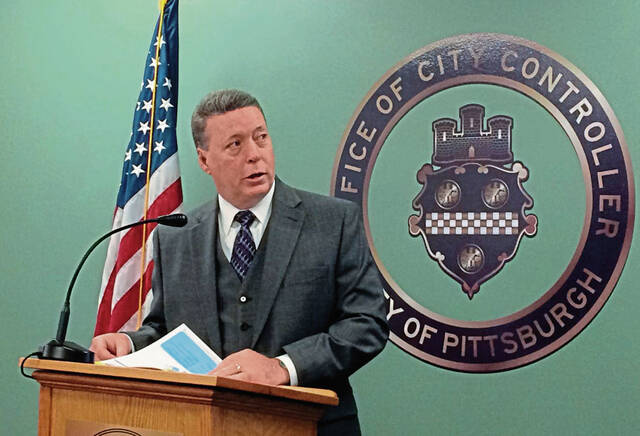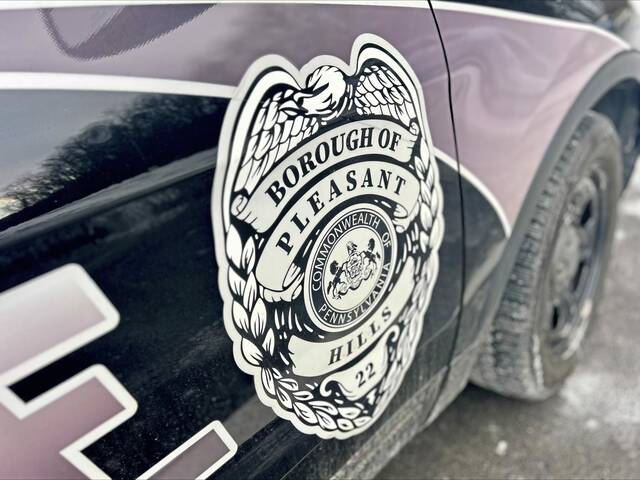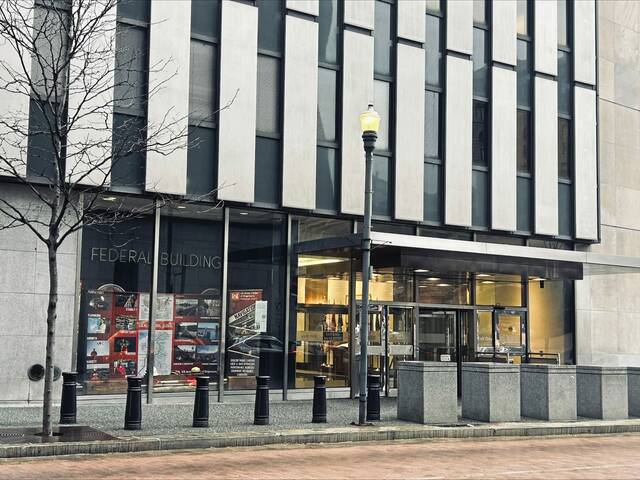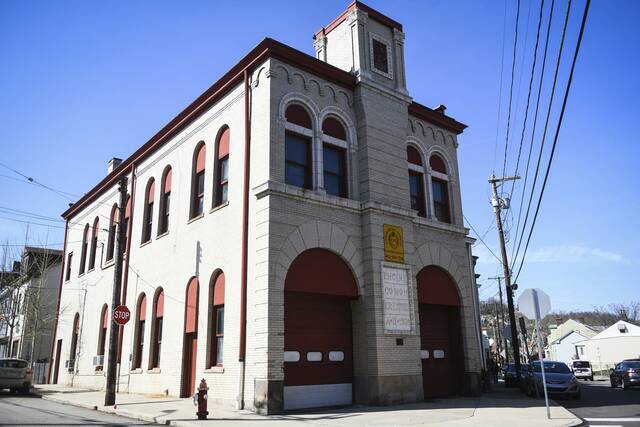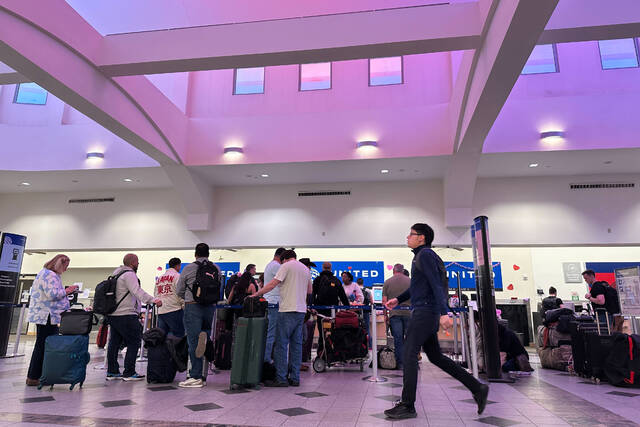Pittsburgh’s revenues are rebounding after the covid pandemic, City Controller Michael Lamb said Wednesday.
Lamb’s analysis comes as his office released its popular annual financial report, which he described as “the layman’s version” of the comprehensive annual report he released in April.
“It really is a good overview of where we stand financially,” Lamb said, explaining that the report aims to increase transparency and engage citizens in city finances.
Tax revenues are on the rise, Lamb said, after taxes on things like amusements and parking were hit hard by the pandemic.
“The taxes that we’ve really been concerned about through the pandemic have seen a turnaround,” Lamb said.
The amusement tax, he said, has already brought in over $5 million this year. That’s a big jump from the roughly $750,000 it had brought in by this time last year.
“We’re not quite to where we were in 2019 at this point in the year, which was over $6 million, but [there were] significant improvements over last year,” Lamb said.
There was also a “surprising” increase in the parking tax, he said.
At this point last year, the city had collected nearly $7.3 million from the parking tax. So far this year, parking taxes have brought in over $16 million. Before the pandemic struck, the city had collected about $17.5 million from the parking tax by this point in 2019.
“We’re seeing in Downtown Pittsburgh sort of a revival of the weekend and nighttime economy,” Lamb said, explaining that special events also seem to be contributing to the rebound in parking tax revenue when many workers still work from home or on hybrid schedules that don’t require as many commutes to city offices.
Lamb said it remains to be seen whether rising gas prices will impact those figures.
The deed transfer tax “continues to outperform this year,” Lamb said, though increasing mortgage rates could begin to cool the city’s housing market.
Deed transfer taxes have brought in about $24 million so far this year, Lamb said, up from just over $20 million at this time last year.
Lamb said the city’s finances have been bolstered by American Rescue Plan funding provided by the federal government during the covid-19 pandemic.
Thanks to that infusion of cash, he said, the city ended last year with $106 million in its fund balance, also known as the rainy day fund.
“That was done in a year that was particularly challenging for the city and our residents,” Lamb said.
Pittsburgh received its second installment of American Rescue Plan dollars — about $167 million — in June to bring the current balance of the trust fund holding that cash to $216 million, Lamb said.
The city previously allocated about $33 million in 2021 and about $48 million in 2022 to the city’s general fund to avoid layoffs and cover salary increases.
In 2021, $16 million in American Rescue Plan funding went to the city’s capital budget for things like green improvements and demolition projects. This year, about $20 million went to the capital budget for projects like improving city steps and retaining walls.
The Urban Redevelopment Authority will also receive some cash from the fund, though Lamb said they have taken only a small portion thus far. The Pittsburgh Water and Sewer Authority will get $17 million in American Rescue Plan money for lead line replacement work.
The city received about $335 in American Rescue Plan funding in total.
With about $260 million remaining in the fund, Lamb said his office will be monitoring to ensure the cash is allocated.
“There are time constraints on spending this money,” he said. “You would think that spending money is easy, but there’s a lot that goes into these projects.”
The money must be spent by the end of 2024.
Lamb said he would support using some of the money to address the city’s infrastructure needs.
On the expenditure side, Lamb said all city departments are “pretty much in line with budget.” Lamb said his office is questioning whether soaring inflation rates could impact city expenses and whether the slowing economy might affect revenues.
The recession, he said, “hasn’t hit Pittsburgh yet” as of the most recent data he’s seen from May. The median income in the city is still growing and the city’s labor force is increasing, Lamb said.


